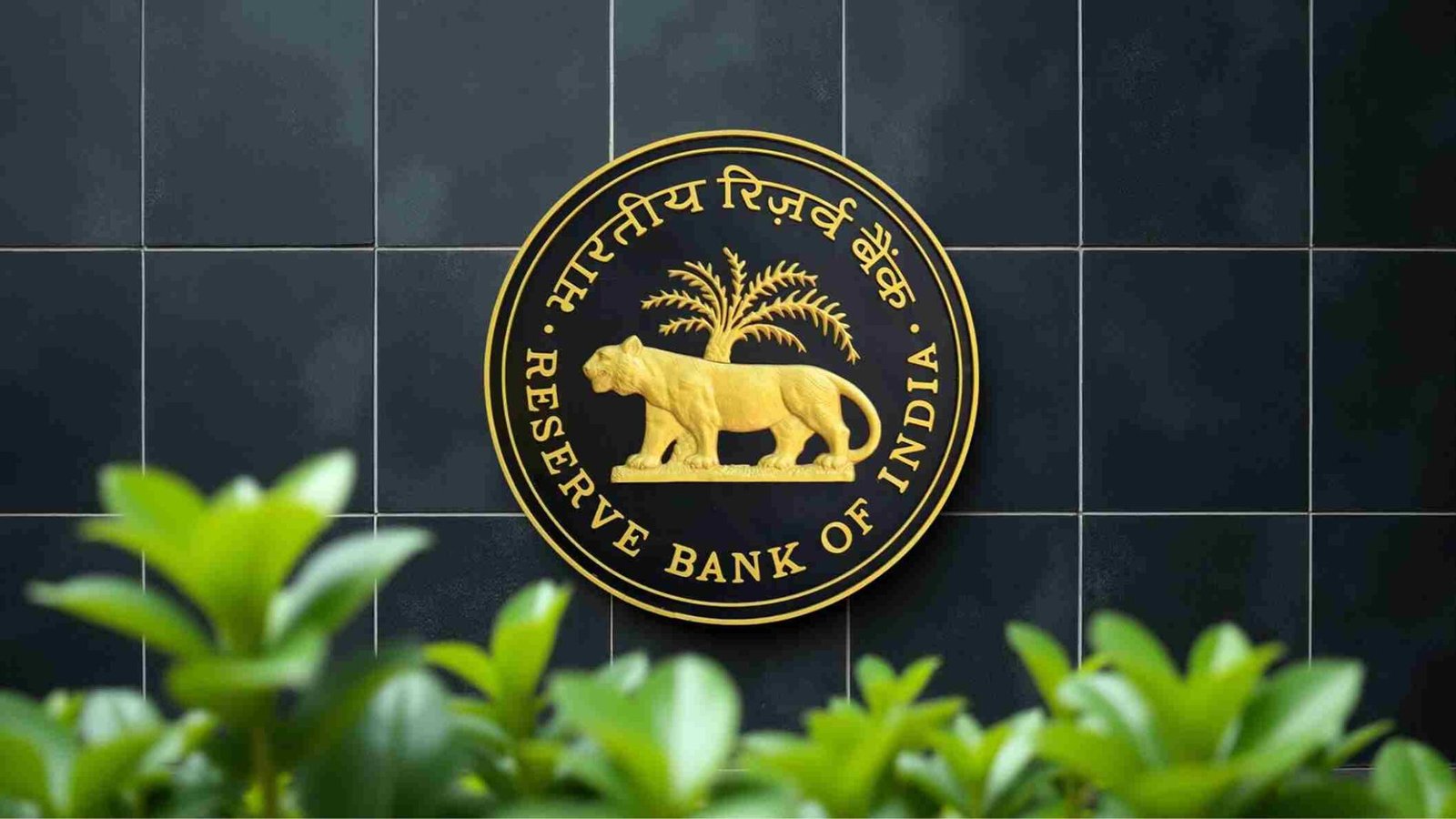India’s banking sector is once again witnessing a surge in fraud cases. The Reserve Bank of India (RBI) on Friday raised concern that while the number of fraud cases declined in FY 2024–25, the amount involved has more than tripled to ₹36,014 crore.
RBI Deputy Governor T. Rabi Sankar, speaking at the SBI Banking and Economics Conclave in Mumbai, said that fraud incidents relative to the volume of transactions have started rising again since July 2025, reversing the earlier downward trend seen at the beginning of the year.
“A certain level of fraud is inherent in any financial system. Until earlier this year, the ratio was declining, but since July we’ve seen a rise again. However, thanks to the digital infrastructure we’ve built, our systems are already blocking more than 90% of such attempts, and we expect to strengthen that further,” he said.
Fraud Amount Tripled Despite Fewer Cases
According to RBI data, banks reported 23,953 fraud cases in FY 2024–25, compared to 36,060 cases in the previous year. However, the total amount involved jumped from ₹12,230 crore to ₹36,014 crore.
This spike is largely attributed to 122 cases amounting to ₹18,674 crore, which were reclassified after being removed from previous records, following the Supreme Court’s March 27, 2023 directive for review and compliance.
Fintechs vs Banks: The Regulatory Burden and Innovation Gap
Rabi Sankar highlighted that compared to fintech companies, traditional banks face significant regulatory constraints such as KYC, AML, and supervisory compliance requirements. These, he said, not only increase operational costs but also slow down innovation.
He acknowledged that traditional banks failed to anticipate the disruptive potential of UPI (Unified Payments Interface) in its early days.
“Fintech firms quickly recognized the value of customer acquisition and data insights, while banks lagged behind due to structural rigidity and conventional mindsets,” he noted.
Data and Technology to Define Future Competition
The Deputy Governor emphasized that future competitiveness in finance will depend less on balance sheet strength and more on data capability and technological agility.
Banks’ legacy IT systems, large branch networks, and heavy compliance costs make them structurally less flexible compared to their fintech counterparts.
“Partial digitization is not enough. Banks need to modernize their core infrastructure, making it modular, agile, and scalable to compete effectively with the fast-evolving fintech ecosystem,” he added.
As India’s financial landscape transforms, the RBI’s latest warning underscores that the sector must focus not just on curbing fraud, but also on driving technological transformation and innovation to remain resilient in the digital age.


